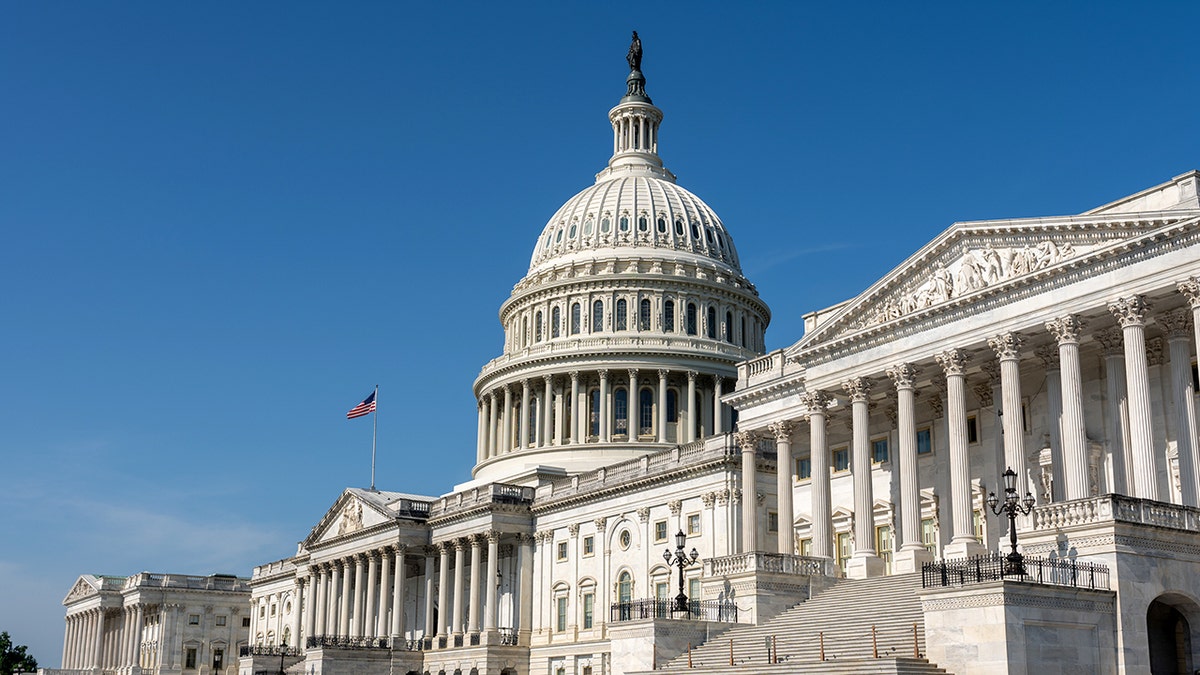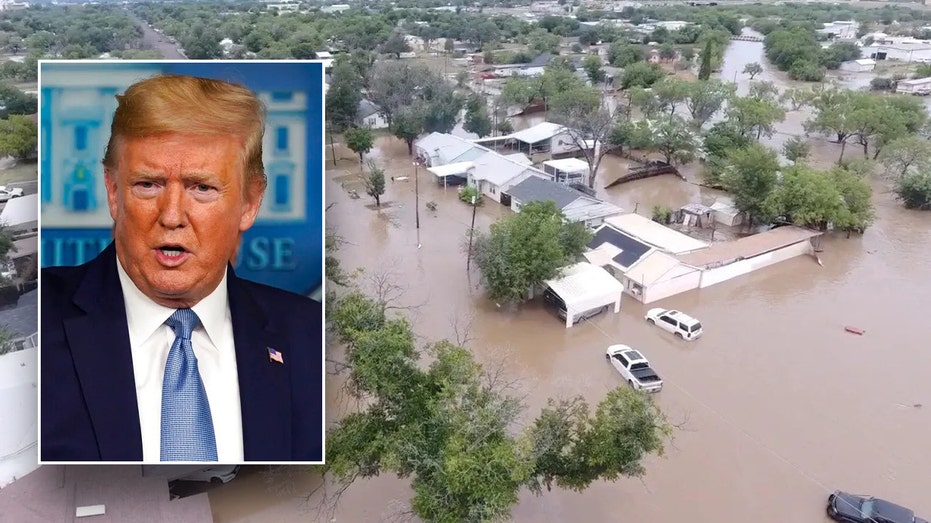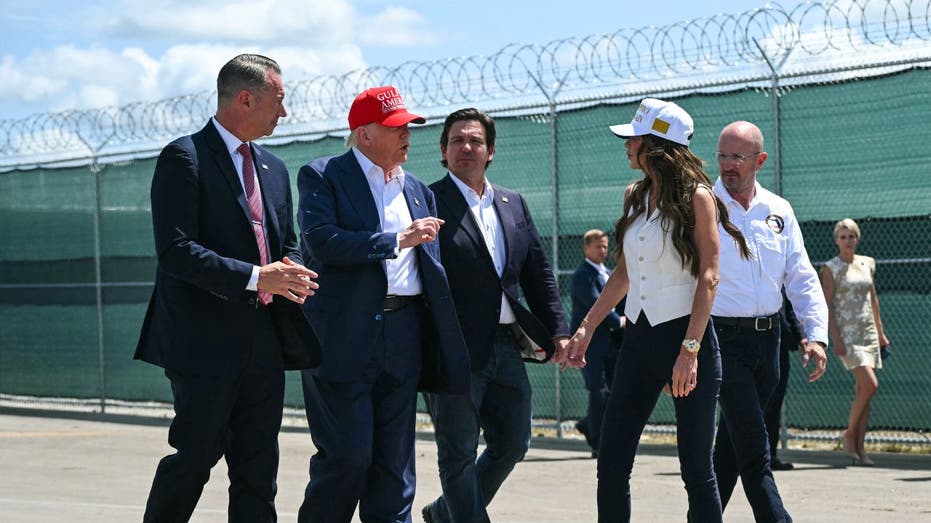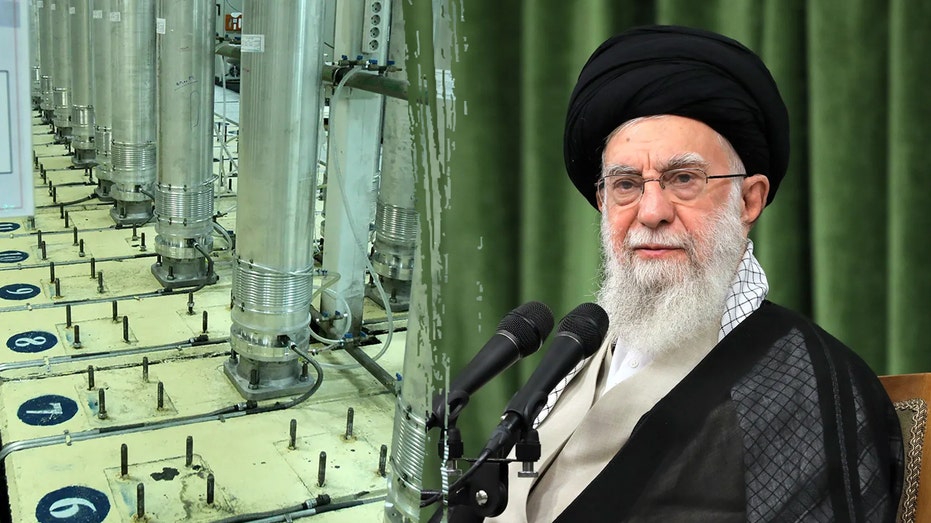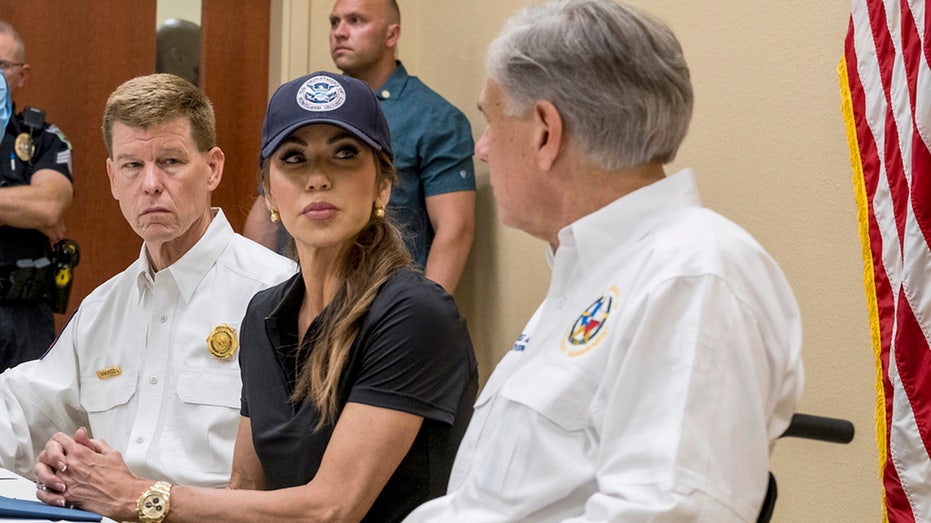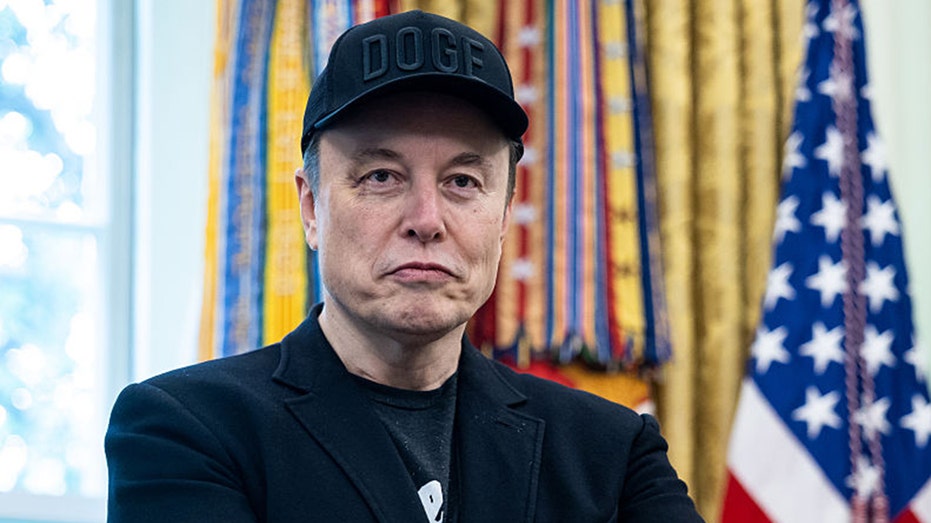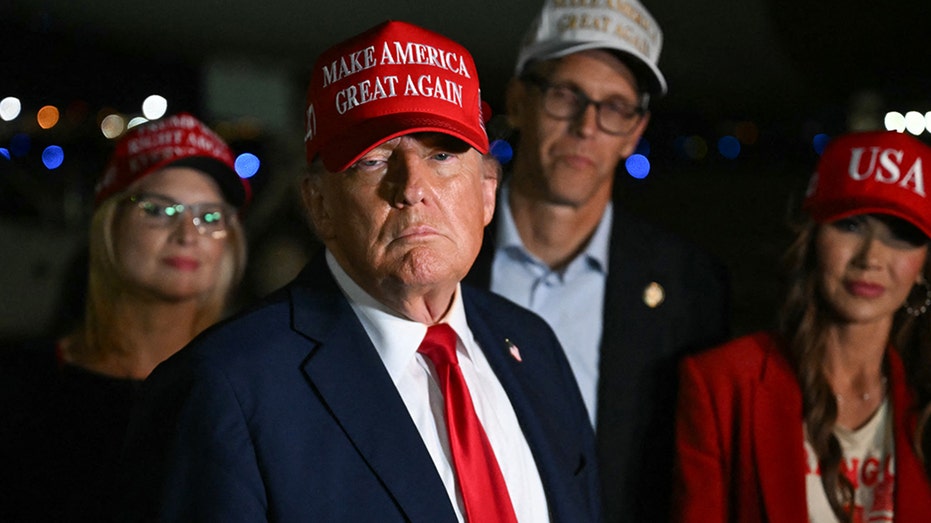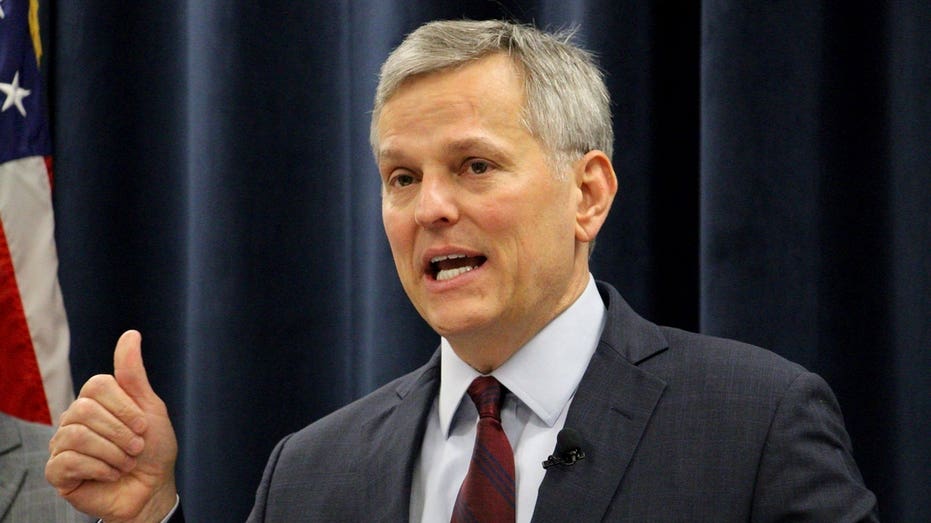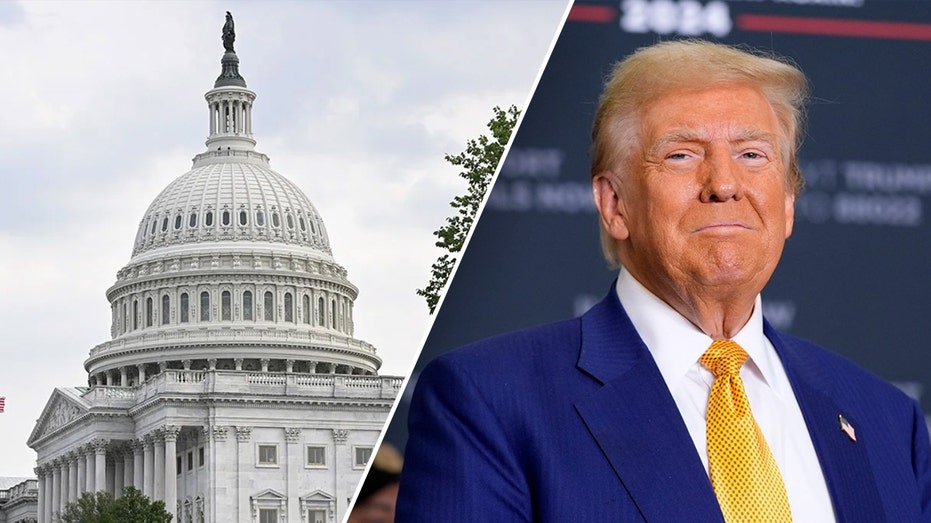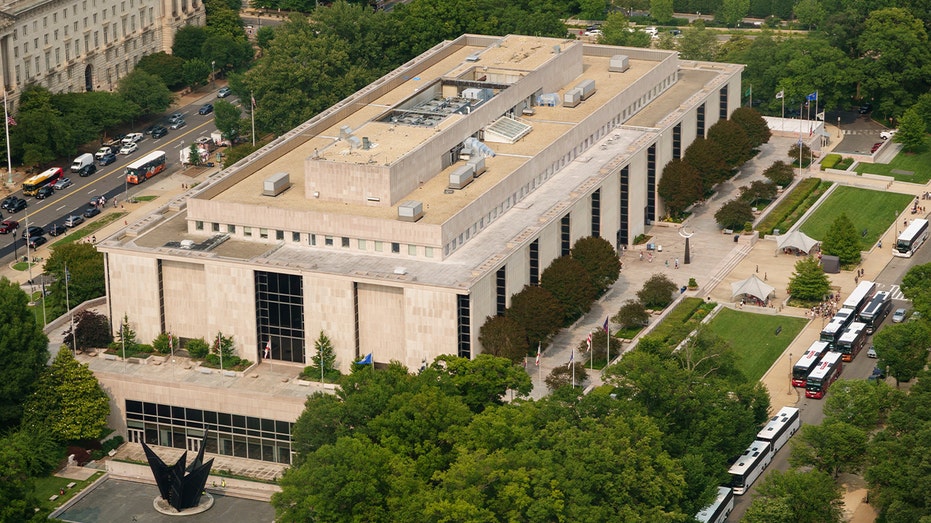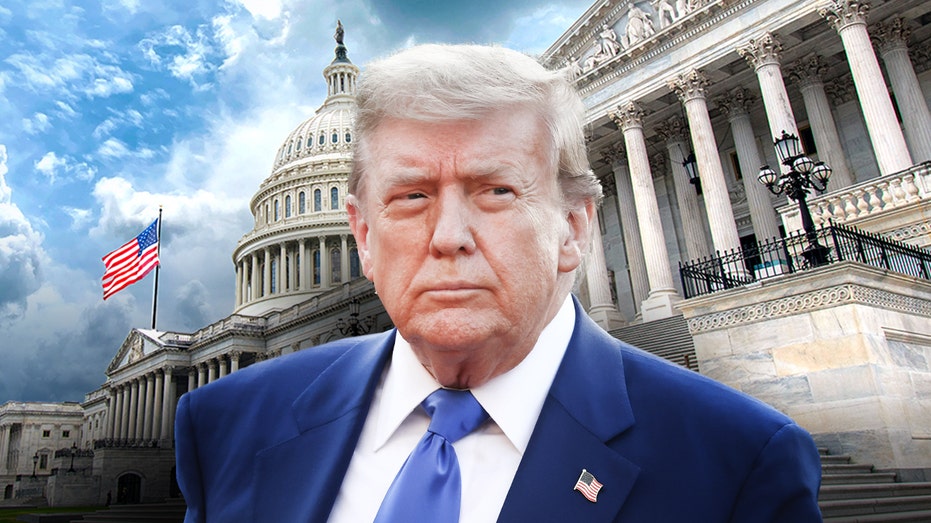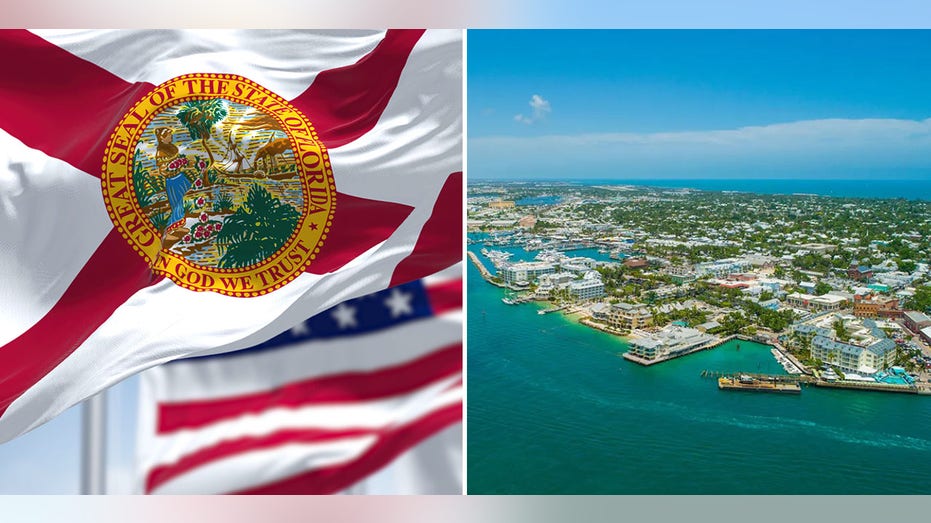Race against time: How Congress barely made July 4 deadline on 'big, beautiful bill'
Football and basketball coaches are experts in clock management.
So are lawmakers.
Coaches are adept at either burning or saving just enough time on the clock to execute a play – or prevent the other team from doing so.
Congressional clock management is very different.
TRUMP $3.3T MEGABILL SETS HOUSE RECORD FOR LONGEST VOTE IN HISTORY
Whatever lawmakers say they will do – it will always take them a profoundly longer period of time in which to do it.
That’s why the temporal politics of passing President Donald Trump’s "big, beautiful bill" overwhelmed everyone who works on Capitol Hill over the past few weeks.
That ranges from the lawmakers themselves to the aides, journalists, Capitol custodians and U.S. Capitol Police officers.
To wit:
Congressional Republicans have churned through variations of frameworks and iterations of the big, beautiful bill since February. But things finally got serious when the House adopted its formal version of the package on May 22, beating the Memorial Day goal by four days.
There was chatter that the Senate would tackle the House’s package the week of June 9. Then that fell to the week of June 15. The idea was that the Senate would process its version of the bill that week and then allow the House to sync up during the week of June 22.
Then those hopes were dashed.
That’s to say nothing of the Senate at least voting to proceed to even start debate at the very end of the week of June 15.
Here’s what really happened. And it underscores just how protracted the process can be on Capitol Hill, especially with a very complicated and controversial piece of legislation.
On Monday, June 23, Republican senators talked about taking a procedural vote to launch debate on the big, beautiful bill as early as Wednesday or Thursday, June 25 or 26. Such a vote would require just 51 yeas. But the bill wasn’t ready. Republicans were still crafting and drafting the bill to comport with Senate budget rules. The GOP also aimed to write the legislation in a fashion to court 51 yeas to crack the procedural hurdle and formally start debate.
Midweek came and the Senate never took a procedural vote. Sens. Ron Johnson, R-Wis., and Thom Tillis, R-N.C., opposed starting debate on a bill that was not complete.
So midweek morphed into the weekend, and when the Senate convened on Saturday, June 28, Fox News was told the chamber would take a procedural vote to begin debate around 4 p.m. ET.
SENATE REPUBLICANS RAM TRUMP'S 'BIG, BEAUTIFUL BILL' THROUGH KEY TEST VOTE
Well, you guessed it.
The Senate did not trigger that vote until 7:31 p.m. Saturday. And the 15-minute vote turned into a three-hour and 38-minute affair. The Senate closed the vote at 11:09 p.m.
Saturday – with Vice President JD Vance nearby in case his services were necessary to break a tie.
They were not.
At least not on the dais.
But Vance played a pivotal role in negotiating with Johnson, Sen. Rick Scott, R-Fla., and others to greenlight the Senate starting on the bill.
However, Senate Minority Leader Chuck Schumer, D-N.Y., then compelled Senate clerks to read the entire 940-page bill out loud from the dais. That enterprise consumed just under 16 hours of floor time. The clerks – their voices cracking and hoarse – concluded a few minutes after 3 p.m. on Sunday. This marked the first time a senator required the clerks to verbally read a bill before the Senate since 2021.
So, once the clerks concluded their oratory, it was believed that the Senate might go all night with its marathon voting session – known as a "vote-a-rama" – and try to finish the bill sometime by dawn Monday.
But this is Congress time.
Senators didn’t even begin the vote-a-rama until 9:40 am Monday. Twelve hours later, Senate Majority Leader John Thune, R-S.D., suggested it was time to "start figuring out" a final group of amendments that were necessary to conclude the bill.
Some groaned at that notion. One senator told Fox News that 12 hours later was a little late in the game to "start figuring out" something of that magnitude.
The Senate then toiled throughout the night Monday and into Tuesday. Thune and the GOP leadership finally cut a deal with Sen. Lisa Murkowski, R-Alaska, on rural hospitals to marshal her vote. The Senate approved the bill late Tuesday morning after an all-night session. Vance was back to break the tie in what is called a "Van Halen" vote. The tally was 50-50 since three GOP senators defected. But Vance’s vote in favor made the roll call "51-50."
For those who are uninitiated in the Van Halen discography, "5150" was Van Halen’s first album with new lead singer Sammy Hagar, supplanting David Lee Roth. It went to No. 1 on the Billboard charts.
Then, it was on to the House.
HOUSE ADVANCES TRUMP'S MASSIVE AGENDA BILL AFTER FREEDOM CAUCUS CAVES
The House Rules Committee serves as a gateway for legislation to head to the floor. It convened a meeting early Tuesday afternoon. The Senate would soon send its revamped version of the big, beautiful bill across the Capitol Dome for the House to align. The Rules Committee then proceeded to meet until around 1 a.m. Wednesday, prepping the bill for the floor.
That meant the House could vote by late Wednesday afternoon.
But there was a problem.
House GOP leaders discovered what they termed a "technical error" in the rule. The entire House must first approve the rule before debating legislation on the floor. So the House needed to vote on the fix first. That vote started early Wednesday afternoon – and continued for another seven hours and 31 minutes. That established a record for the longest roll call vote in House history, topping a vote of seven hours and 21 minutes in 2021.
Some Republicans weren’t at the Capitol. But they held the vote open to buy time to work on skeptical GOP members who may be holdouts.
And around 9:30 p.m. Wednesday, House Speaker Mike Johnson, R-La., decided to double-dog dare anyone who was against the bill to put their voting card where their mouth was. Republican leaders closed the "technical correction" vote and proceeded to a vote on the "rule." If the House adopted the rule, it could formally debate the bill. The House was stuck if its members failed to approve the rule.
The tally board behind the dais in the House chamber populated relatively quickly. All 216 Democrats said no There were also four GOP no votes – and several who refused to vote yes. Republicans could only lose three votes and still pass the rule. Rep. Thomas Massie, R-Ky., was a yes on the rule – even though he opposed the bill. He then switched to no as the vote dragged on. However, Massie ultimately supported the rule in the end.
HAKEEM JEFFRIES BREAKS KEVIN MCCARTHY RECORD WHILE STALLING TRUMP'S 'BIG, BEAUTIFUL BILL'
Reps. Victoria Spartz, R-Ind., Keith Self, R-Texas, Andrew Clyde, R-Ga., and Brian Fitzpatrick, R-Pa., were no votes throughout the vote. But around 1 a.m., there was movement. The holdouts and some of those who voted no met with Johnson and other GOP leaders. That seemed to pry loose the votes of the holdouts and opponents – except Fitzpatrick.
But there was a problem.
Rep. Scott Perry, R-Pa. – who had not voted – drove home to Pennsylvania. So everyone at the Capitol patiently waited for Perry to return. He did around 3:30 a.m. Thursday. Everyone but Fitzpatrick voted as a bloc in favor of the rule. The House had the votes to begin debate on the rule.
It looked as though the House might vote around daybreak on the actual bill itself.
But the office of House Minority Leader Hakeem Jeffries, D-N.Y., had told Fox News on Wednesday that Jeffries intended to speak for an hour or so at the end of debate. There’s a custom in the House where top leaders of both parties are yielded "a minute" to speak on the floor. But this is a "magic minute." As a courtesy to those leaders, they speak as long as they want.
Jeffries began speaking just before 5 a.m. Thursday – and finally concluded eight hours and 45 minutes later just after 1:30 p.m. ET Thursday. Jeffries shattered the mark of eight hours and 32 minutes established by House Speaker Kevin McCarthy, R-Calif., in 2021. McCarthy set the record as minority leader.
So those House members hoping to hop an early morning flight and get home for July 4 would have to wait.
Mike Johnson didn’t speak nearly as long as Jeffries. But he did observe that the late President Ronald Reagan once said that no speech should run longer than 20 minutes.
Johnson spoke for 23 minutes.
And then the House voted, finally passing the bill 218-214 at 2:31 p.m. Thursday. Fitzpatrick and Massie were the only GOP noes.
It is said that we never have enough time in life. And if you work on Capitol Hill, you’ll probably have even less thanks to congressional clock management.
